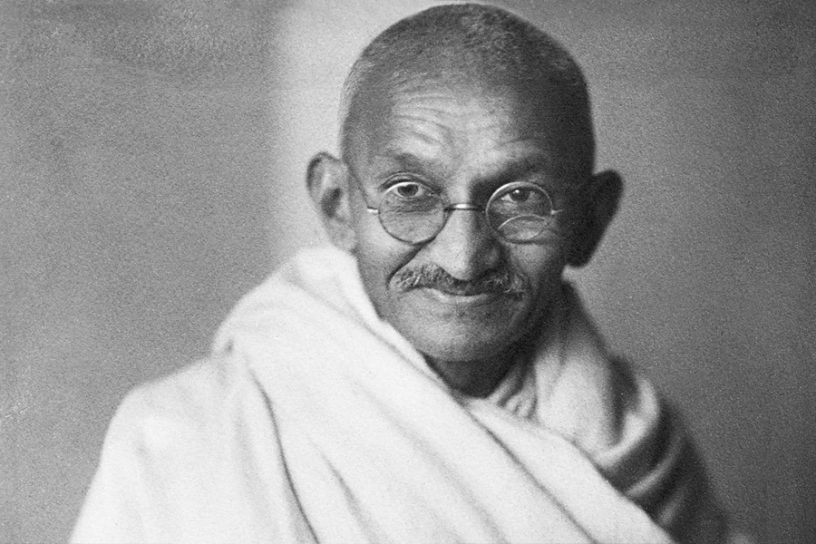
Mahatma Gandhi turned the personal religious practice of fasting into a political tool adopted by the masses in their political struggles in India.
Author
Khinvraj Jangid, Associate Professor & Director of Jindal Center for Israel Studies, Jindal School of International Affairs, O.P. Jindal Global University, Sonipat, Haryana, India.
Summary
Mahatma Gandhi had fought British Imperialism and seen India liberated in his lifetime, but his fight against those social evils that emanated from within Indian society, not least religious sectarianism and the caste system, was ultimately a failure. Trying to propagate peace, forgiveness and non-violence he lost his life to an ultra-Hindu nationalist who was in thrall to hatred and revenge after the partition of India, and who found Gandhi too kind and forgiving to Muslims.
Gandhi was an original political activist and thinker – he coined a specific language of political struggle, and he defined his own political methods. Fasting was one of his greatest discoveries as a tool for resistance, reform and for reaching out to his political opponents. Before Gandhi, fasting had been a deeply private affair for the religious; it remains a common practice in everyday religious Hindu life. Indeed, most religious practices, including Judaism, have combined prayer with certain degree of fasting.
Shocking then, and still today, Gandhi turned the personal religious practice of fasting into a political tool adopted by the masses in their political struggles in India. In public life, he fasted eighteen times and called fasting ‘a part of my being. I can as well do without my eyes, for instance, as I can without fasts. What the eyes are for the outer world, fasts are for the inner’.
Published in: Fathom
To read the full article, please click here.


